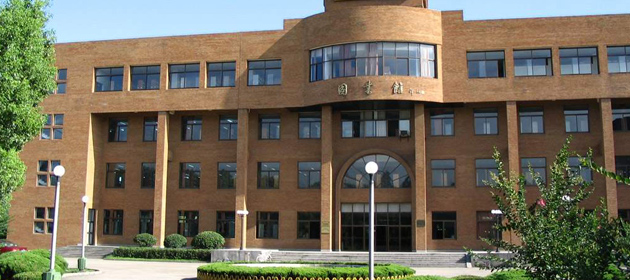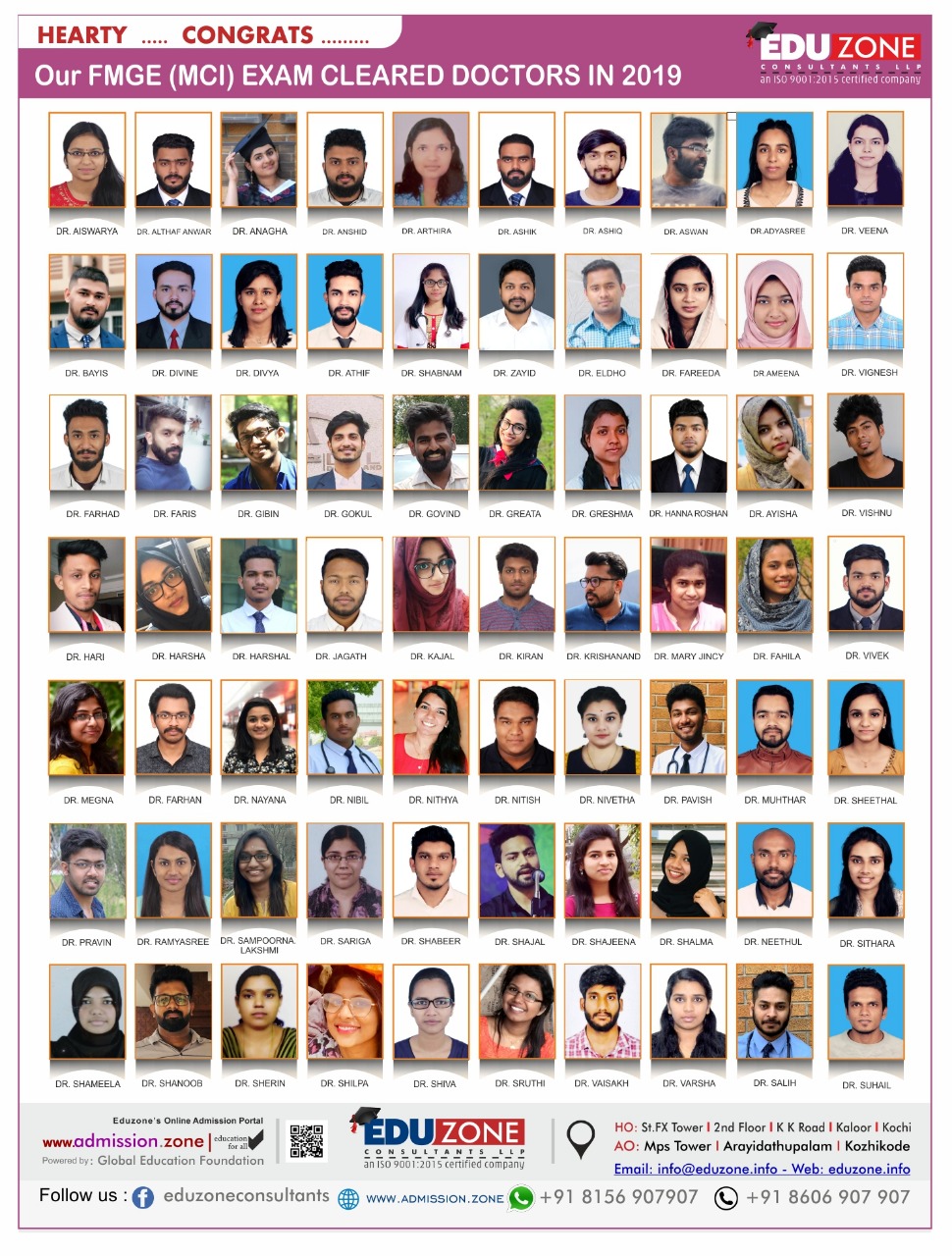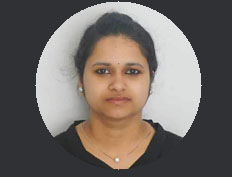
About Ningbo University
Ningbo University is a dynamic, young and comprehensive university
rising along with China's reform and opening up to the world. It is a
public university with support from overseas Ningboese. In 1986, the
university was founded with generous donation from Sir Yue-kong Pao, an
overseas compatriot of Ningbo origin and a global tycoon in shipping.
Deng Xiaoping autographed the name of Ningbo University. At its early
stage of development, the university gained great assistance from such
renowned universities in China as Zhejiang University, Fudan
University, University of Science and Technology of China, Peking
University and Hangzhou University. In 1996, a new Ningbo university
was established on the basis of the amalgamation of the three former
individual institutes, namely, Ningbo University, Ningbo Teachers'
College and Zhejiang Aquatic College (Ningbo campus)
Ningbo University has five campuses, Located in the Higher Education
(North) zone, the main campus of NBU covers an area of over 180
hectares, with a floor space totaling 780,000 square meters. The
university supplies a complete set of facilities and services for
teaching and research. Its libraries now have a CNKI Network
Administrative Service Center, and a collection of approximately
2,500,000 books. In addition, it has 8 well-equipped attached
hospitals.
With a wide range of disciplines: economics, law, education, liberal
arts, history, science, engineering, agronomy, medicine and management,
the university consists of 19 faculties and colleges, offering 3
doctoral programs, 62 master programs and 71 bachelor programs.
In 1992, Ningbo University was approved the first priority in
recruitment of top-layer students. In 2000, it was listed as a key
institute of higher education in Zhejiang Province. In 2003, it was
awarded "Excellence" by the MOE after strict evaluation. In 2005, it
numbered more than 50 master programs. In 2006, it won a second prize
of National Scientific Progress Award, a first prize of Science Award
granted by MOE, and 2 State Key Courses. In 2007, the university was
authorized to recruit doctoral applicants in Engineering Mechanics,
Telecommunication and Information System, and Aquaculture.
Ningbo University has been attaching great attention to the development
of international cooperation and exchanges. Up to now, the university
has maintained close links and intercollegiate cooperation with 73
well-known institution of higher learning in Canada,Germany, France,
Britain, USA, Sweden, Japan, South Korea and Australia.
Ningbo University was qualified by MOE to recruit international
students sponsored by government scholarships. It offers a variety of
education programs for foreign students, ranging from short-term
Chinese language training to Undergraduate and Postgraduate study. Till
now, Over 1,200 international students from about 50 countries and
areas have benefited from these well-designed programs.
Research and Development
About Key DisciplineThere are 48 key disciplines, among which 6 are provincial key
disciplines, 7 are provincially assisted ones, 10 are municipal ones,
and 1 is municipally supported.
About Key Laboratories
There are 12 key laboratories in Ningbo University, of which one is
national key laboratory cultivating base (the Municipal Lab of
Functioning Material Preparative Science), of which 2 are provincial
ones and 8 are municipal ones (Impact and Safety Engineering Laboratory,
Laboratory of Biological Engineering, Separation Membrane and Applied
Technology Lab, Laboratory of New Digital Electric Circuit and System,
Lab of Photoelectric Materials, Digitized Manufacturing Laboratory, Lab
of Marine Health Food and Marine Medicine, Solid Material Chemistry Lab,
Lab of Nanometer and Structure Engineering Laboratory), of which one is
municipal key laboratory cultivating base( the Municipal Laboratory of
Piezoelectric Device Technology Key).
About Engineering and Technology CentersIn Ningbo University, there is Ningbo Branch of the National Xinghai
Technology Transfer Project, Medical Molecule Diagnosis Center, as well
as 3 Engineering and Technology Centers, that is Mobile
Telecommunication Technology Research and Development Center, Medical
Photoelectric Instruments high and new Technology Research and
Development Center, Fiber Telecommunication Engineering and Technology
Center.
About Research Institutes
Totally there are 77 research institutes, whose areas cover lots of
disciplines, such as economics, law, education, liberal arts, history,
science, engineering, agronomy, medicine and management.















